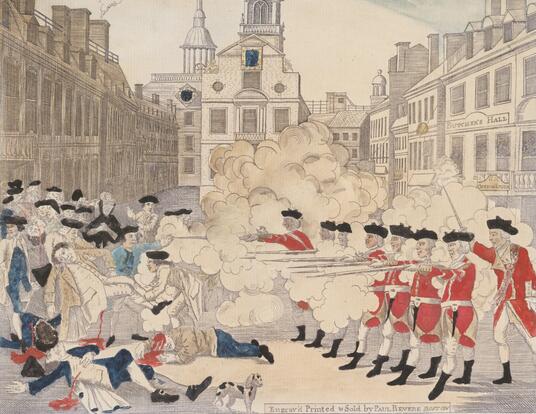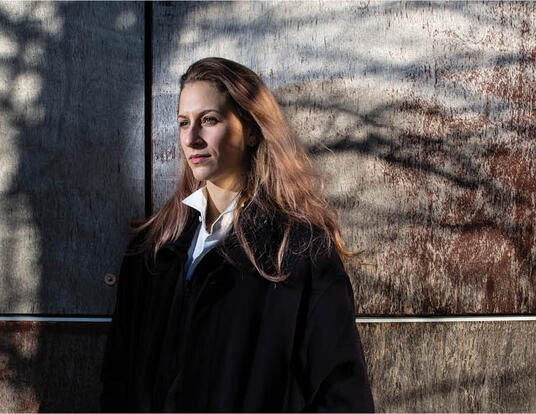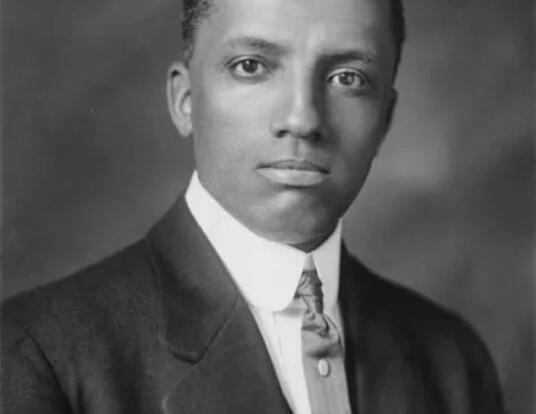Martin Duberman: 2024 Centennial Medal Citation
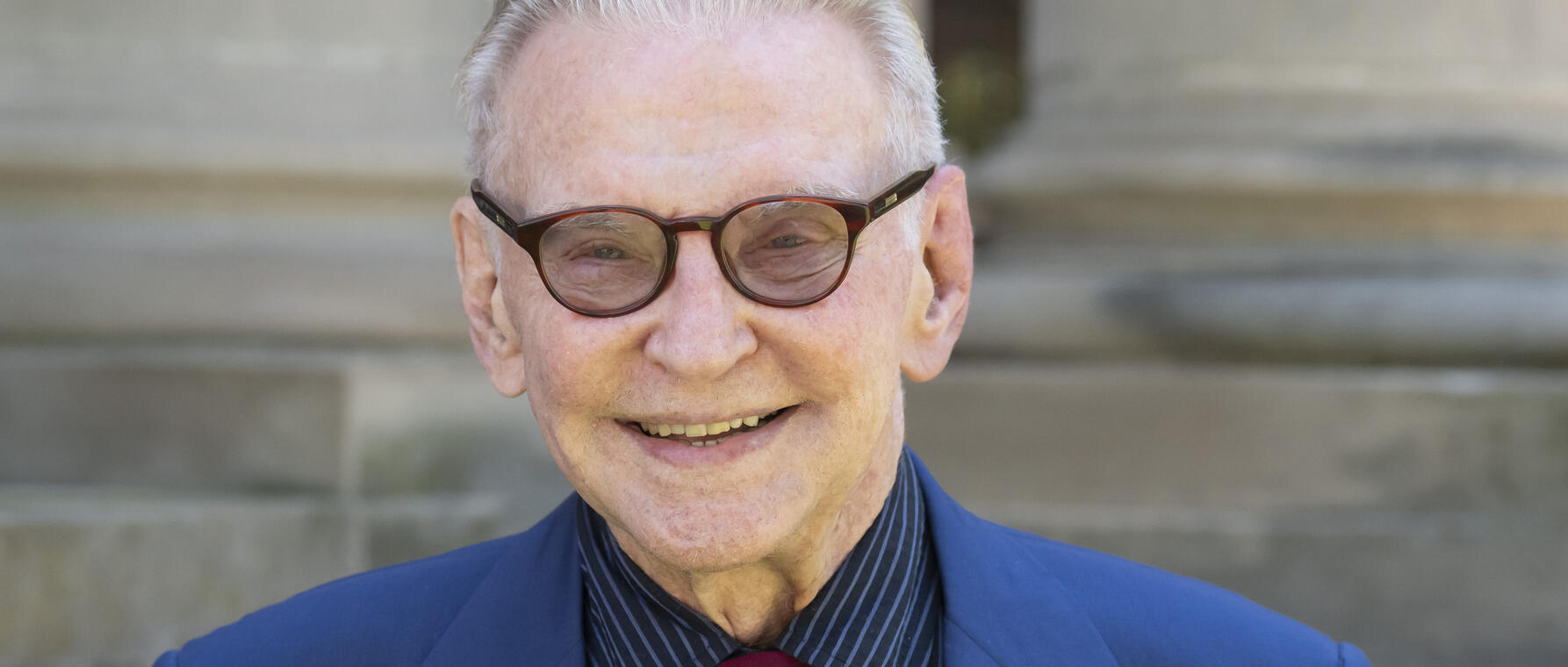
Acclaimed biographer and historian. Award-winning playwright and novelist. Incisive essayist, candid memoirist, ardent gay rights activist and intellectual leader, and founder of the first university-based research center for LGBTQ studies in the United States. Through a distinguished, wide-ranging career spanning seven decades, Martin Duberman has left an indelible mark on many fields of scholarly and creative endeavor—all while encouraging and inspiring countless others following in his footsteps.
Born in New York City, Duberman attended Horace Mann, graduated from Yale in 1952, and earned his PhD in American history at Harvard in 1957. He taught at Yale and was tenured at Princeton before leaving in 1971 to join the faculty of Lehman College at CUNY, the City University of New York, where he is Distinguished Professor of History emeritus. He has received the American Historical Association’s Lifetime Achievement Award, won the Bancroft Prize, and was a finalist for the National Book Award as well as the Pulitzer Prize.
Duberman is the celebrated author of more than 25 books, many of them trailblazing works of African American history, abolitionist history, civil rights history, and the history of social movements and radical leaders. He has written superlative biographies of Charles Francis Adams, James Russell Lowell, Paul Robeson, Lincoln Kirstein, and Andrea Dworkin; a definitive account of Stonewall; and deeply personal memoirs, including Cures: A Gay Man’s Odyssey, which recounts attempts to “cure” his homosexuality through therapy in his youth, and his latest memoir, Reaching Ninety, published just last year. He has also written a dozen plays, including In White America, winner of the Vernon Rice/Drama Desk Award for best off-Broadway production in 1963, which incorporated text from letters, diaries, and other documentary material to give voice to the Black experience in the United States at a time of great political and social upheaval.
“Marty’s never lost the radical vision that he had in the early 1960s,” says Michael Bronski, professor of the practice in media and activism in Studies of Women, Gender, and Sexuality at Harvard. “He’s always been in complete sympathy with radical movements and extremely respectful of people who are not in the academy. At the same time, he’s been generous in helping younger scholars, and he is one of the most prolific and productive people working across a number of fields. And when it comes to queer studies, Marty was there at the very beginning. The field was established because Marty established it.”
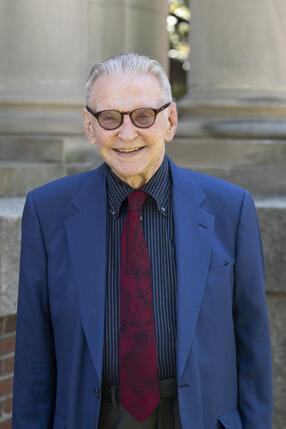
Among other leading roles in the gay rights movement, Duberman was founding director of the Center for Lesbian and Gay Studies, or CLAGS, the country’s first such academic research center, which began in his living room in 1986 and was formally established as part of the CUNY Graduate Center in 1991. “CLAGS centered gay and lesbian and LGBTQ lives—and the histories and writings and voices of those peoples—within a formal, academic institution in a way that had never occurred before,” explains Timothy Patrick McCarthy, lecturer on education in the Harvard Graduate School of Education. “The early historians, archivists, collectors, and curators of our history were people who worked mostly outside of the academy. The significance of someone like Marty moving some of this work into the academy was really profound.”
Duberman was inclusive in his vision for CLAGS, and his decision to teach and establish the center at CUNY, a public university serving marginalized students, was significant. “Marty chose to spend his career at a public university system, and to do the work of creating what would become LGBTQ studies, at a place with the mission and vision of educating the whole people of New York,” says Matt Brim, professor of queer studies at the College of Staten Island and current executive director of CLAGS. “That is remarkable, because in queer studies, as in every other field, the impulse is to be aspirational in terms of where we go in the academy, because that often determines the kinds of work that we get to do. Marty figured out a way to do incredibly important work at a place where it might not have been expected to happen.” Brim adds, “It isn’t always easy to get endowment funding at CUNY, but Marty used his cross-class connections to raise money and make the work that he was doing at CUNY possible. There’s no way that this organization could have existed without him.”
Reflecting on his friend and mentor’s singular impact, McCarthy observes: “Marty is powerfully charismatic and sharp as a tack. Politically radical and unapologetic about it. Funny, flirtatious, still very handsome, and just free. He understood the long-term importance of building a community and infrastructure that can last, and he did this at a time when, in the middle of the AIDS crisis, our community was under siege and dying. He did it at a critical inflection point in American history, which to me feels almost like a miracle.”
Martin Duberman, for your prolific and dazzling work as a biographer, historian, memoirist, author, and playwright; for your inclusive approach to community-building, activism, and amplifying marginalized voices; and for the leading role you have played in establishing the field of LGBTQ studies, we are proud to award you the 2024 Centennial Medal.
Photo credit: Tony Rinaldo
Get the Latest Updates
Join Our Newsletter
Subscribe to Colloquy Podcast
Simplecast



